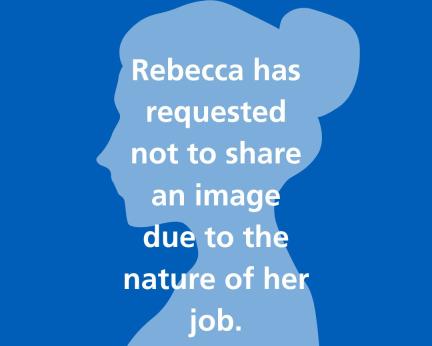Counselling psychologists are person-centred in that we consider how each individual creates meaning from their circumstances, and we use this understanding to guide research questions and theory development. I really enjoy learning from each and every person, and thinking about how their experience fits with what is already known in the field. The opportunity to support positive change for each individual I work with is so rewarding, and the role is even more fulfilling when I am able influence change at a local, regional and national level.
After so many years of working as a counselling psychologist, I still love the role especially as there is always so much more to learn. I have appreciated the opportunity to attend many additional training courses, which have further developed my knowledge and skills. I have also found presenting at conferences is a great way to connect with other professionals who are specialists in the same field, and to be inspired by new areas of research.
Personally, I have found that counselling psychologists are well-respected in the NHS due to being grounded in a reflective scientist-practitioner model, and I have been appointed to senior roles in typically clinical and forensic teams. In some areas where there is less familiarity about the profession, there may be misunderstanding so at times a reminder or explanation about our core competencies can be helpful.
In psychology and the NHS as a whole, I would like to see a greater focus on co-production with experts by experience from a diversity of backgrounds. This mean that services are designed jointly with the people who use them, so that they are representative and accessible to the each and every member of the community.





